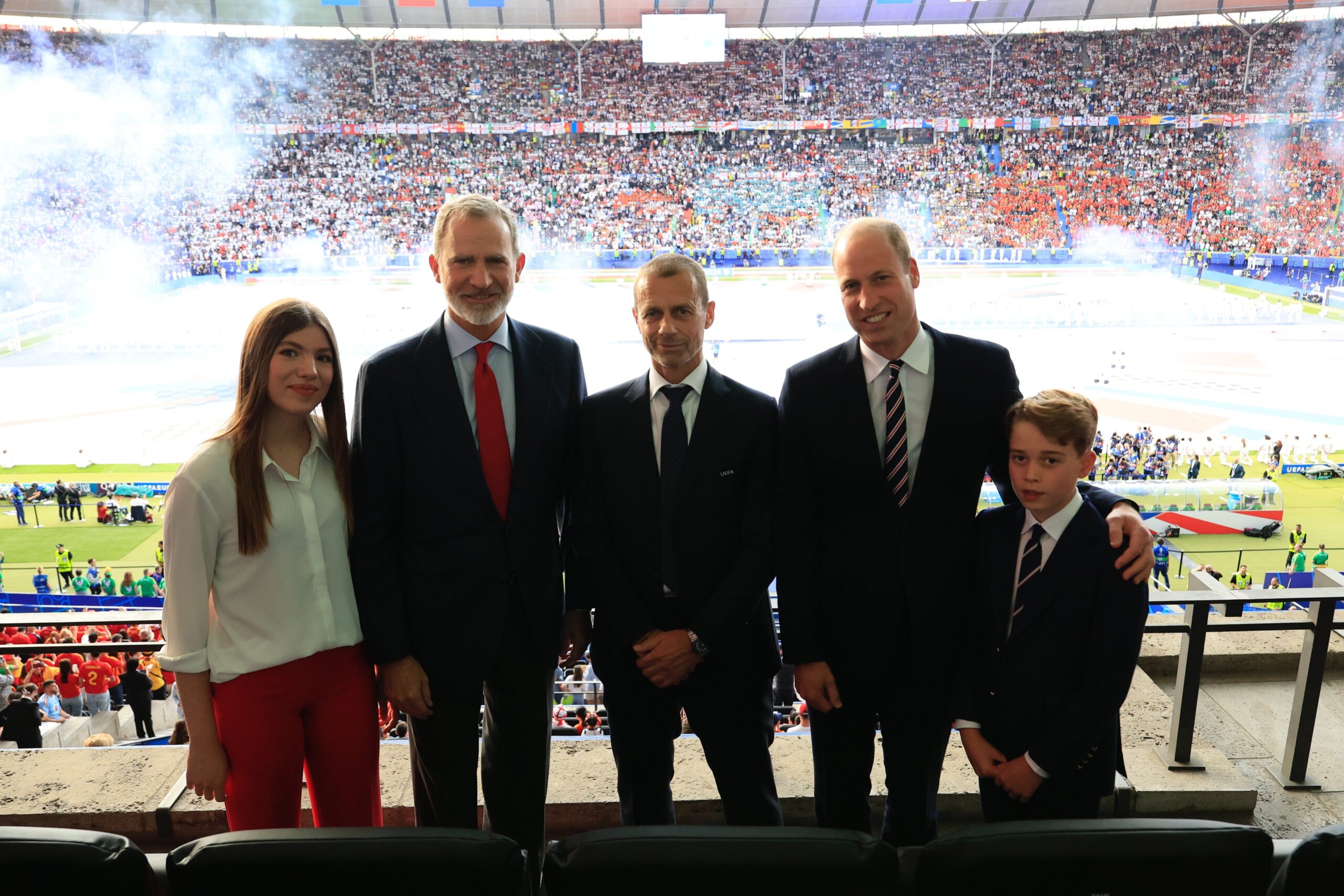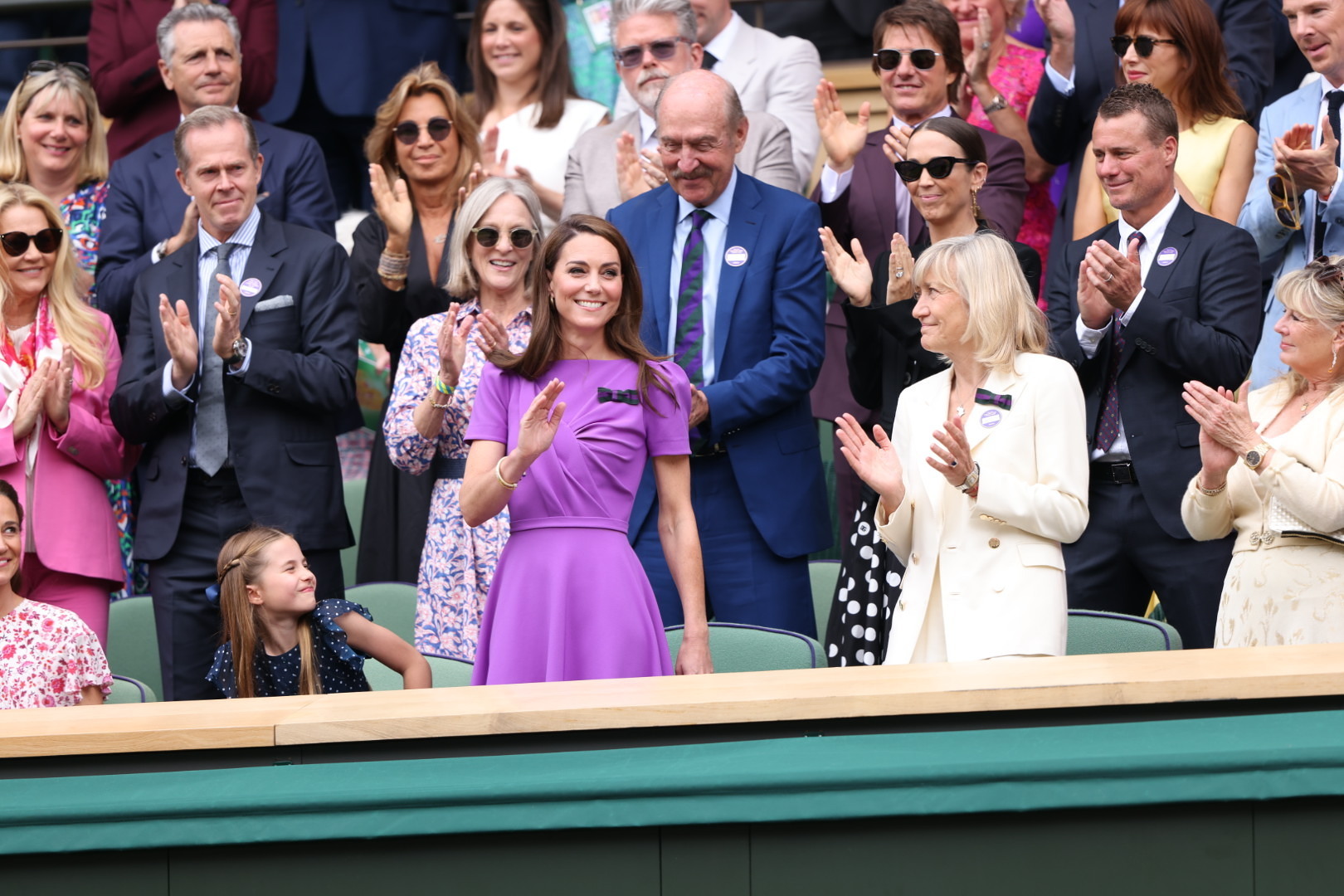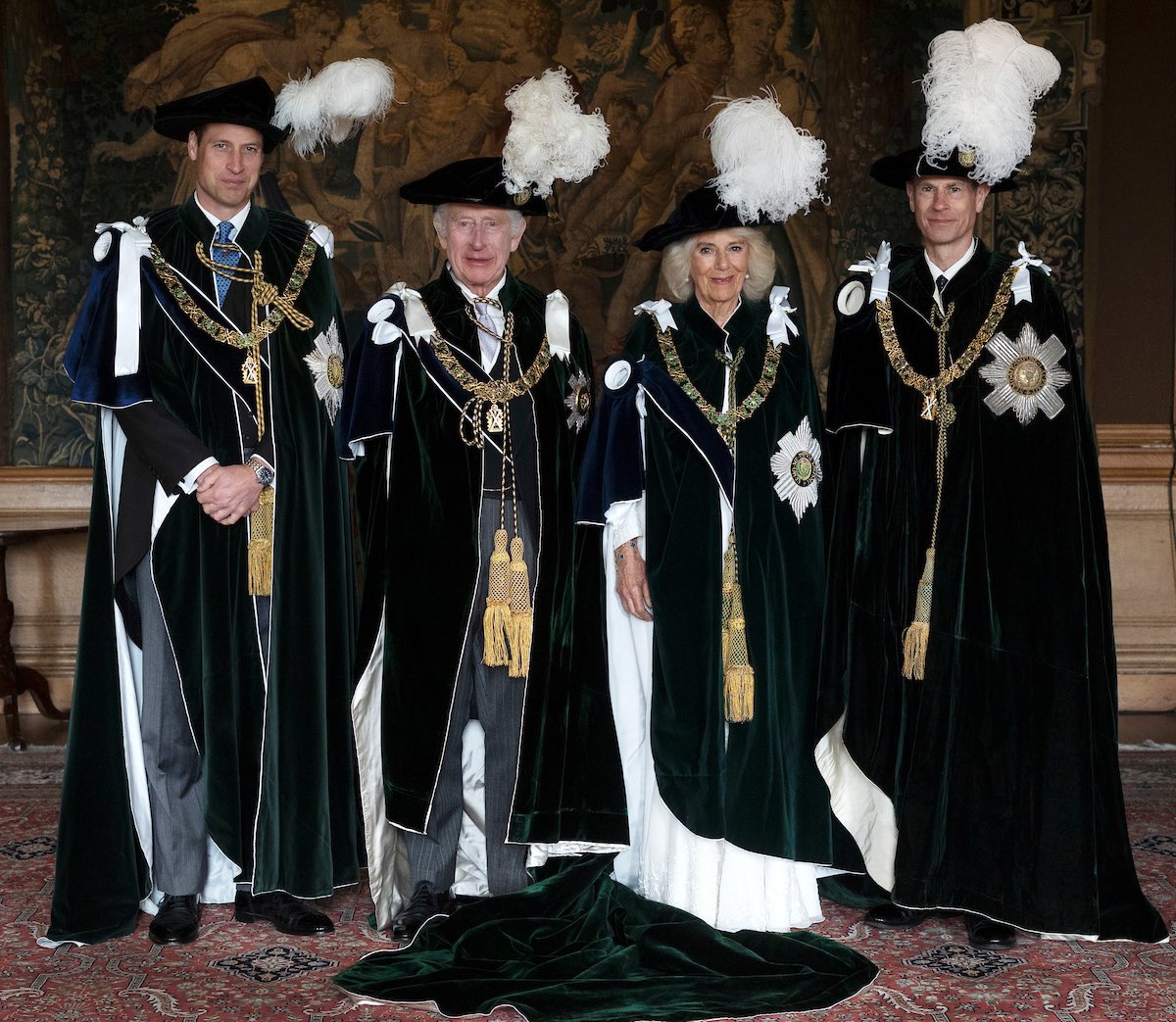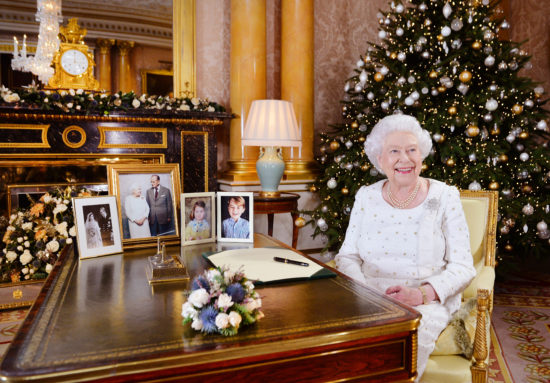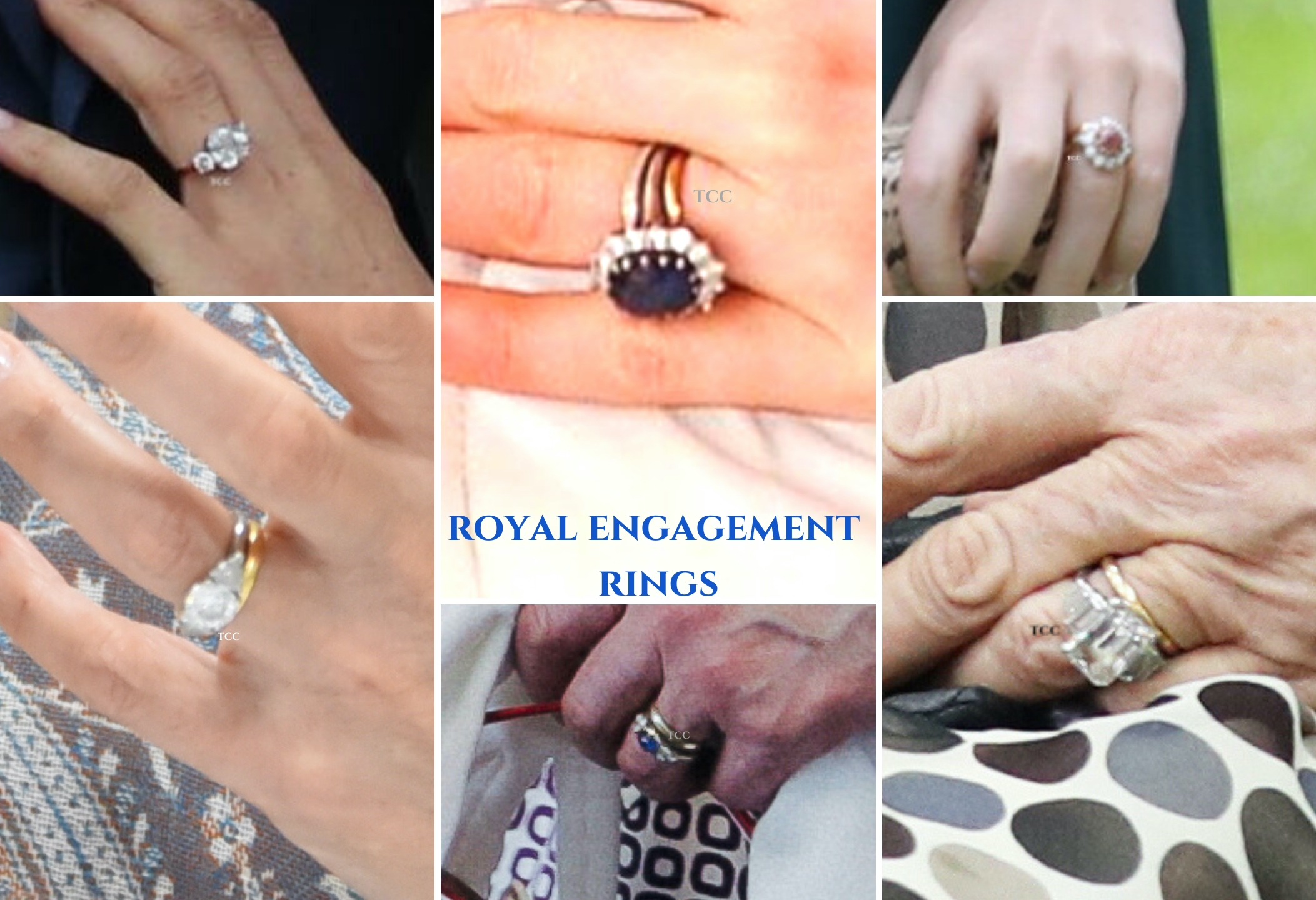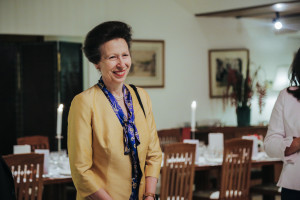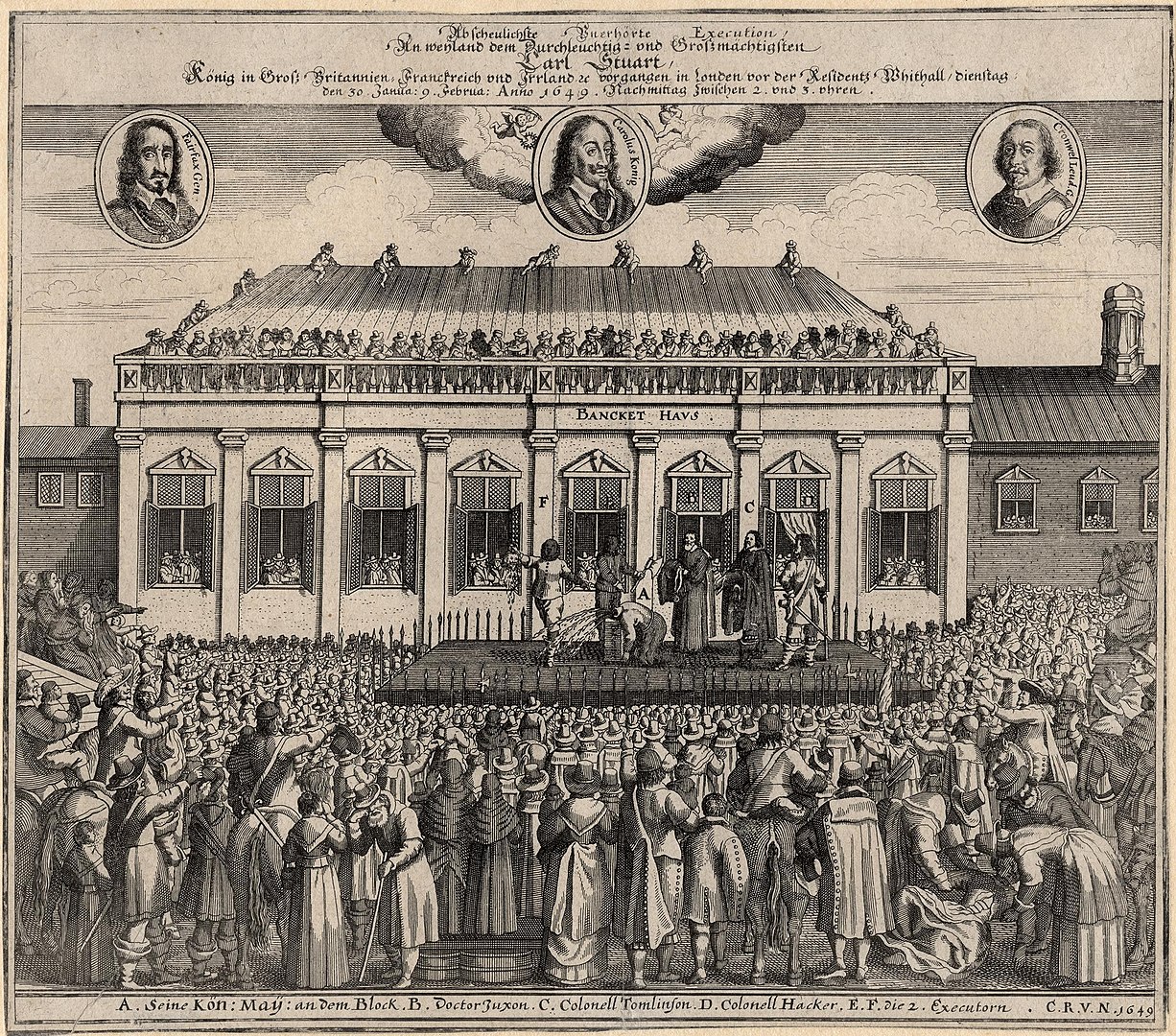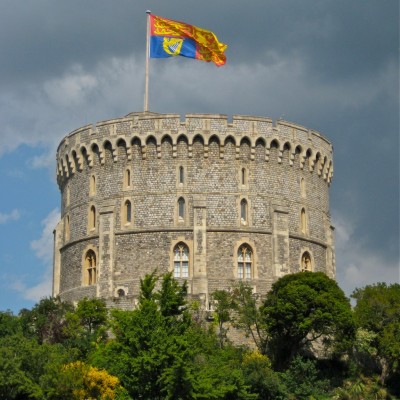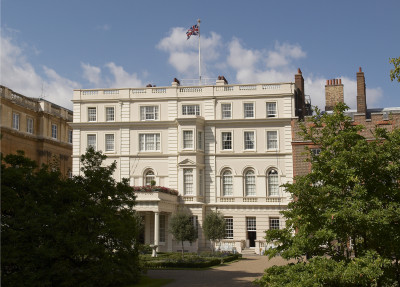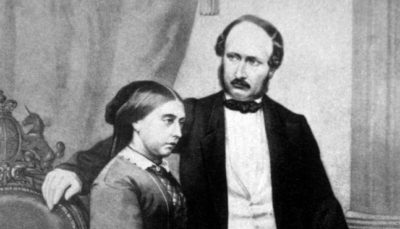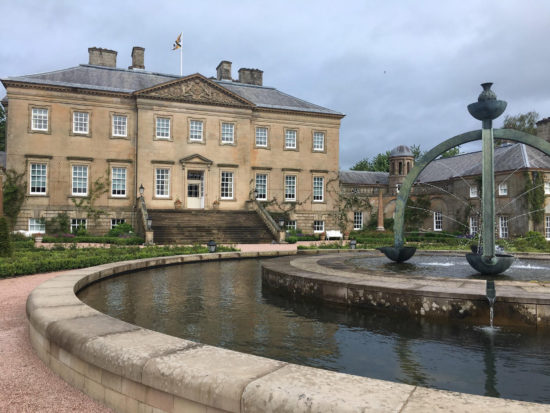At times the public has seemed unsure about their opinion of Prince William. From a sober young man, to dashing heart-throb and later, balding family man, Prince Charles’s eldest son has grown up with the weight of a nation on his shoulders. Never a loud personality, William is often seen as solemn and openly hostile towards the press attention which accompanies his role as future Monarch.
In the past few years, however, we’ve seen The Duke of Cambridge move steadily into a more active royal role, ably assisted by his wife, Catherine. There’s no denying the pride on his face as he watches Kate speak to the public, or is joined by his three children on the balcony at Trooping.
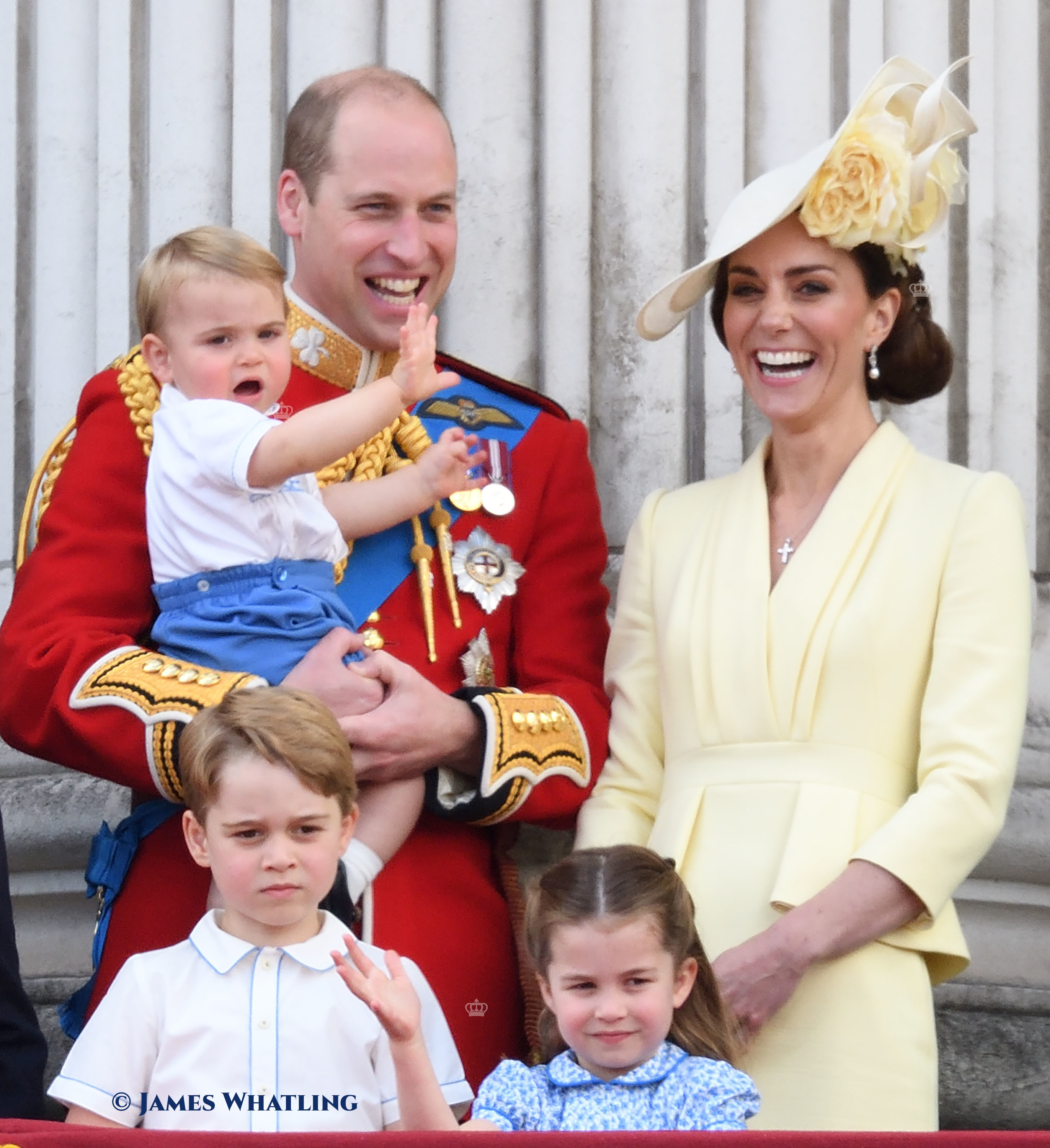
The Cambridge Family attend Trooping the Colour at Buckingham Palace, London, UK, on the 8th June 2019.
Picture by James Whatling
Many changed their opinion of William during the hugely popular Christmas TV special with Mary Berry, when the usually reserved Prince showed off his comedic, competitive side.
One of the Duke’s key legacies, however, will be the ‘Heads Up’ campaign. While Kate was the brains behind the Heads Together initiative, and Prince Harry will have the Invictus Games, William’s astuteness in creating Heads Up cannot be understated. As a huge fan of both Royalty and football, I feel that this campaign does not always get the credit it truly deserves – I hope this article will convince some of you of the importance of William’s work.
When The Duke and Duchess of Cambridge married in 2011, and with landmark events such as the Diamond Jubilee and the London Olympics taking place in the following years, the British Monarchy was rejuvenated, and appealed to a new, younger audience. I had always been a fan of the Royals, thanks to my family, but theirs was the first real royal wedding I had ever seen, and Prince George was the first royal baby whose birth united a nation in many years. I’m sure many of us can remember staring at the Lindo Wing doors, with landmarks around the world turning blue when it was announced that the newborn heir to the throne was male.
In past years, however, the nationwide interest in the Royal Family has dropped off slightly. Many hoped it would be reignited through the work of The Duke and Duchess of Sussex, whose royal career came to an abrupt end earlier this year.
With Heads Up, Prince William isn’t just appealing to those lost followers, he’s actually opening up the Royals to a whole new demographic. I find it strange every time I see the Duke at a football match, particularly as he supports Aston Villa. Rather than supporting Chelsea, or another London team, the future King opted for a working man’s club from Birmingham. Apparently he wanted to be different from the rest of his school-friends – as if being second in line to the throne doesn’t make him stand out enough!
We often associate the Royals with more traditional, upper class sports – rugby, shooting, polo – so to see The Duke of Cambridge at a stadium amongst other football fans often feels surreal.
Mental health in football has been a long-standing problem which, in recent years, has been talked about more and more. This is a two-sided coin: while it is fantastic that mental health problems in this demographic are being discussed, it has unfortunately been brought to the public’s attention through tragic events.

Prince William visited Everton football club to discuss mental health The Duke of Cambridge at Everton in the Community, Liverpool (Kensington Palace)
Many football fans will never forget waking up to hear the news of the death of Gary Speed, who sadly took his own life. Clarke Carlisle, who played for several English teams including Leeds and Queens Park Rangers, has openly spoken about his suicide attempt, as well as problems with depression and alcohol. Former Tottenham Hotspur and Everton player, Aaron Lennon, was retained under the Mental Health Act after an incident in Salford. Accrington Stanley player Billy Kee recently retired from football after having spoken of his problems with depression, anxiety and bulimia.
Football players undoubtedly have incredibly privileged lives and are paid obscene amounts of money, but mental health does not discriminate. Listening to multi-millionaires pontificate and preach to us ‘normal’ people, however, is not the point of Heads Up. Prince William is, in fact, using those wealthy people to reach an incredibly wide range of society.
Most importantly, he is reaching out to boys and young men and teaching them that it is vital to talk about your feelings, to open up, to let your emotions out.
According to Samaritans, in the UK, men are three times more likely to take their own lives than women. Let that sink in. Three times more likely. In the Republic of Ireland, that figure rises to four times. The highest suicide rate in the UK is between males aged 45-49.
Since 2013, there has been what Samaritans call a ‘significant increase’ in UK suicides, mostly driven by a rise in the male suicide rate. This is the tragic reality of the 21st century, where social media allows trolls to wreck havoc on other people’s lives, where people become more and more socially isolated. Some young people can spend hours on an XBox or Playstation without real social interaction.

The Duke of Cambridge visited football club West Bromwich Albion as part of the Heads Up campaign (Kensington Royal)
So what does the Heads Up campaign actually involve? We’ve seen The Duke of Cambridge visit football clubs, including Everton and West Bromwich Albion. During these visits, Prince William has taken the time to speak to the first-team squad members, management and coaching staff to find out how clubs are dealing with mental health issues.
Even more importantly, Heads Up looks beyond the footballers, taking into account young people and the local community. In Liverpool, the father-of-three played emoji bingo with local schoolchildren – a game designed to help them understand their emotions and communicate what they’re feeling – while at West Brom, William spoke to Academy (youth) players about challenges they may face and coping strategies.
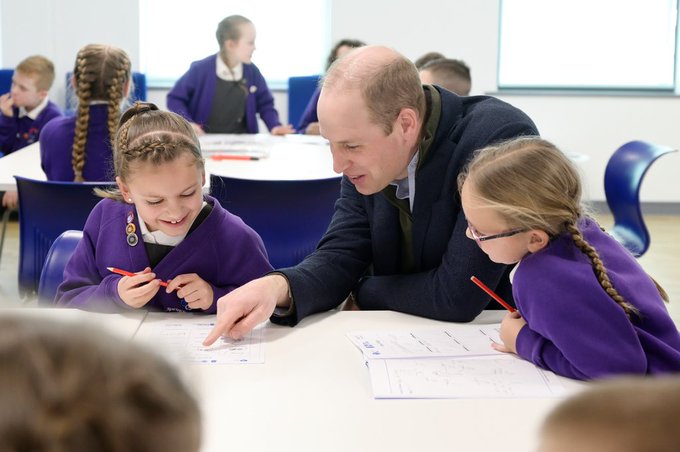
The Duke of Cambridge at Everton in the Community, Liverpool (Photo courtesy of Kensington Palace)
As President of the FA, Prince William has also linked the iconic FA Cup to the Heads Up campaign. The majority of FA Cup figures are traditionally played on a Saturday at 1500. But in December 2019, the third round fixtures (when the Premier League clubs join the competition) kicked-off at 1501, with the minute-delay aiming to encourage those present to consider their mental health.
While matches often include a minute’s applause or silence, perhaps to mark a death, they still kick off at their scheduled time but on this occasion, the games really began at 1501 (or 1216 or 1746) and fixture lists altered the kick-off times to reflect this. This may seem frivolous to a non-football fan, however, in my house it sparked a conversation about Heads Up when we consulted who our team was playing, and noticed the odd kick-off time, something I’m sure happened in many homes across the UK.
This, to me, explains why Heads Up is so crucial: to spark that conversation. And that conversation might be one that saves a life.
Ask many young men who their role model is, or who they follow on Instagram, and it’s likely a footballer will be amongst the first names they mention. Whether it’s David Beckham, Cristiano Ronaldo, Lionel Messi, Harry Kane, Virgil Van Dijk or Marcus Rashford, footballers are key role models for men, particularly in the younger generation. Whenever a player debuts a new hairstyle, a new goal celebration or new boots, little boys across the country are begging their parents to let them copy their idol. Many men may also follow a certain singer or actor, but they’re less likely to copy their behaviour.
Some may like to hark back to football’s Golden Years, with hard men like George Best, Paul ‘Gazza’ Gascoigne or Paul Merson. Men who didn’t talk about their feelings, who liked to be stuck in the middle of a crowd, always having a laugh. Sadly, these incredibly talented players often had problems with addiction, whether that be gambling, alcohol or drugs.
Paul Merson has recently opened up about his addictions and mental health issues, while Calum Best, the late George’s son, is now a patron of NACOA (National Association for Children of Alcoholics). Perhaps if a campaign like Heads Up had been around in their day, some of these footballers could have avoided problems which broke up their families, resulted in criminal charges or even more tragic consequences.
All of this, at least for me, sums up why Prince William’s Heads Up campaign is so relevant. Are many young men, or let’s face it, even middle-aged men, interested in the Monarchy? Probably not. Would they listen to footballers? Yes. Seeing The Duke of Cambridge visit Everton, West Bromwich Albion or other clubs will only continue to spread this message. We’ve already seen similar campaigns spring up in other places – in Northern Ireland, both GAA and football clubs have come together to speak about mental health in the wake of the Heads Up campaign.

The Duke and Duchess of Cambridge are bringing mental health to the forefront of royal duties
I imagine it will be a slow-burning initiative, something that will go largely under the radar until we look back in a few years’ time and realise the importance of Heads Up. If boys and young men can listen to their idols speak about their problems, they will be more likely to open up themselves, and hopefully we will reach a point when phrases such as ‘man up’ or ‘boys don’t cry’ are a thing of the past.
Let’s not forget that William himself has two sons and will want them to live as happy a life as possible, and has seen through his work as an air ambulance pilot the real effect poor mental health can have, especially for men.
William and Kate take Prince George and Princess Charlotte for family night at the football
We’ve come a long way in royal circles from the days of King George III, cruelly nicknamed ‘Mad King George’, and we can only hope that The Duke and Duchess of Cambridge continue to highlight mental health in their royal duties for many years to come.

